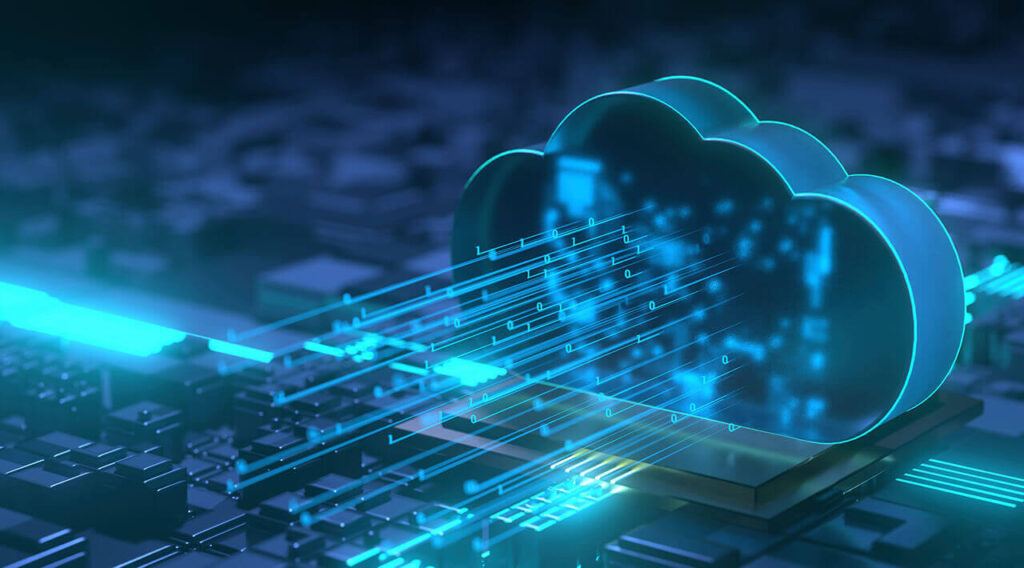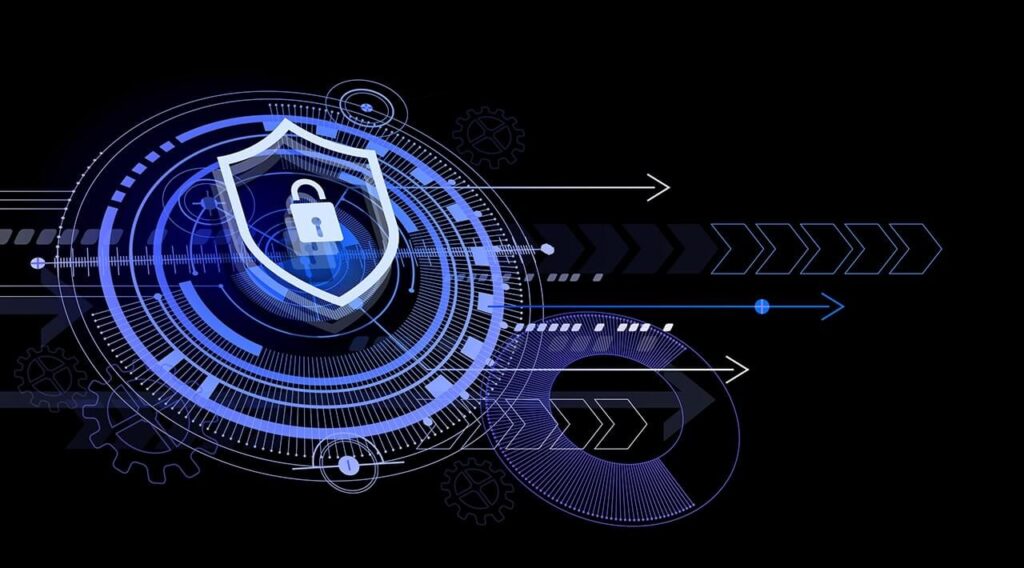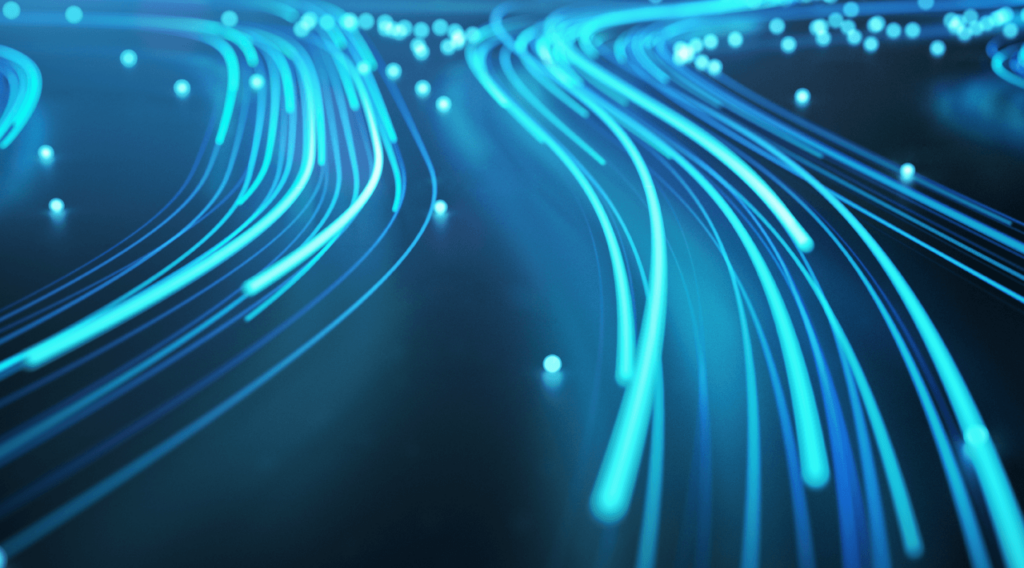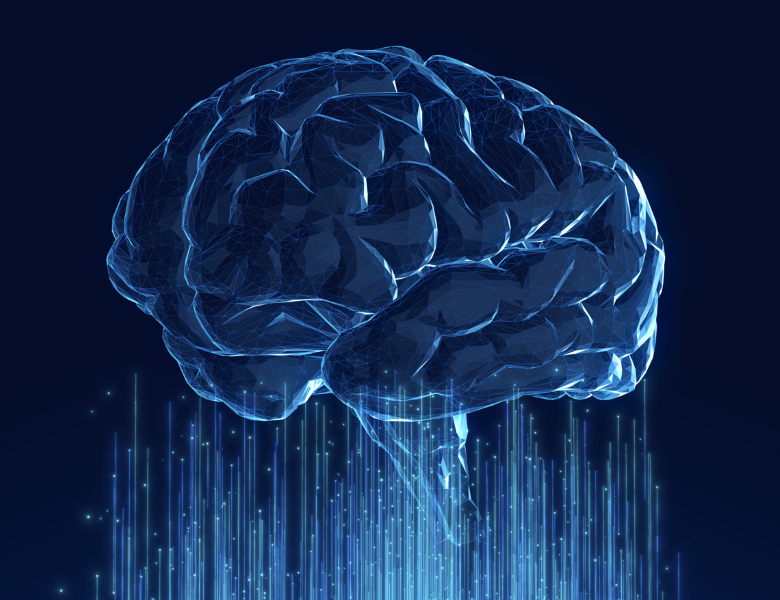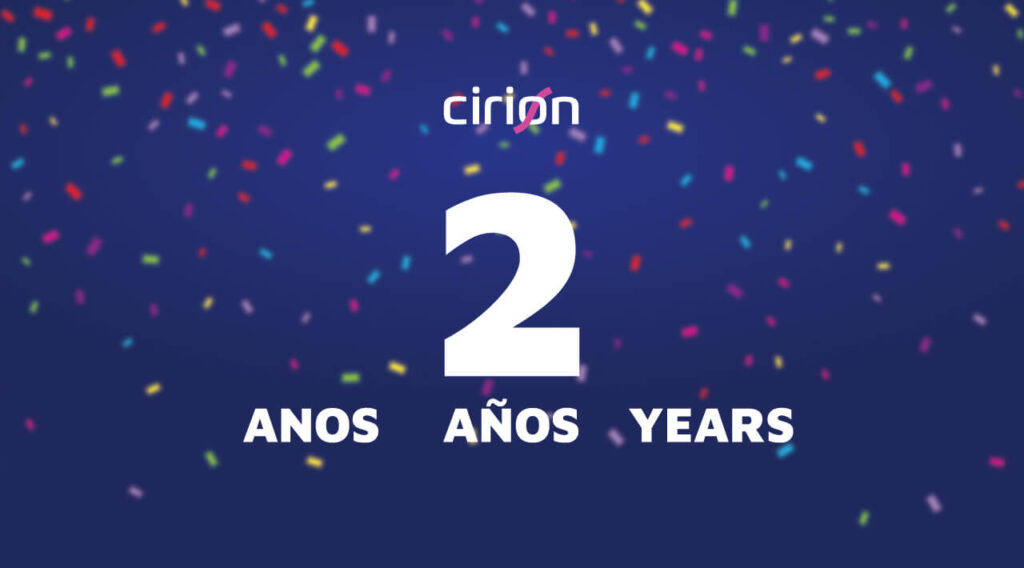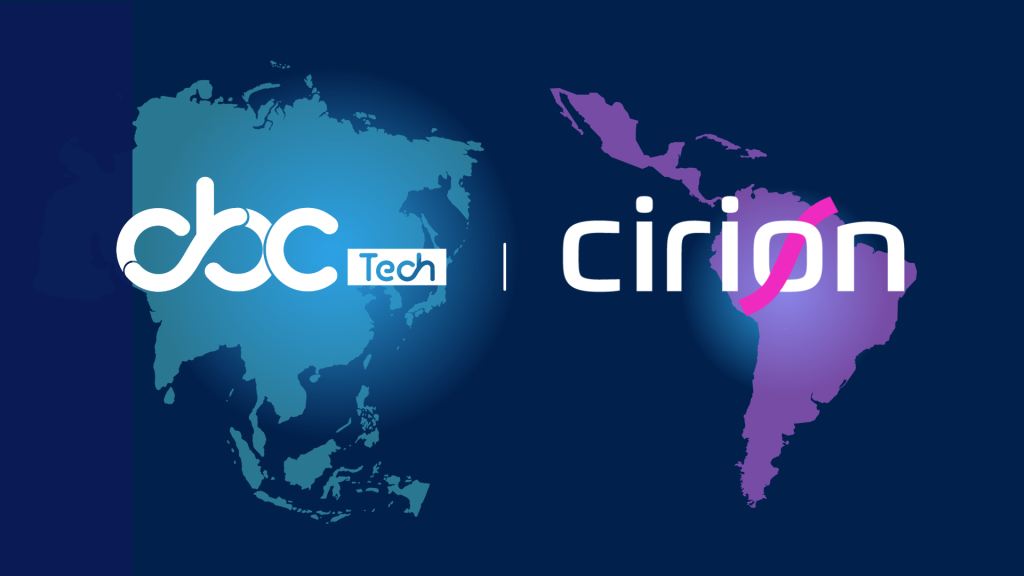Moravec’s paradox, articulated by Austrian scientist Hans Moravec, describes an artificial intelligence (AI) singularity; i.e., it is easier for machines to perform intellectually challenging tasks than intuitive tasks for humans. The oldest human skills, such as movement and language, are automatic for us, but difficult for machines. Conversely, tasks that humans find complex are simpler for machines.
Artificial intelligence breakthroughs, such as artificially generated data and machine learning, have enabled robots to overcome Moravec’s paradox. These technologies are bringing robots’ capabilities closer to those of humans, allowing machines to perform tasks they found very difficult in the past. This progress has been made possible thanks to deep learning developments and the availability of large amounts of data.
Companies like Boston Dynamics are known for their advanced robots, such as Spot and Atlas. Marc Raibert, founder of Boston Dynamics, has talked about how his robots are designed to perform complex tasks and adjust to human environments, overcoming some of the challenges posed by Moravec’s paradox.
iRobot, founded by Rodney Brooks, pioneer in robotics, has developed robots like the Roomba. Brooks mentioned how robotics can transform everyday tasks and how AI is evolving to manage tasks that were difficult for machines in the past.
Demis Hassabis, co-founder and CEO of DeepMind, has explored how advances in deep learning and AI algorithms are enabling machines to perform complex tasks, such as playing Go, which were formerly considered extremely difficult.
Figure AI and Tesla are working on humanoid robots capable of using the same tools, vehicles and spaces as humans. These robots are agile, safe and highly versatile, and can be used for miscellaneous tasks, from industrial manufacturing to household chores.
OpenAI has also invested in several robotics’ startups, such as 1X and Physical Intelligence, in fact, recently OpenAI-backed robotics company 1X acquired Norwegian startup Kind Humanoid with the joint mission of “building a world full of humanoid robots.” (For those who have not done so yet, in this case I suggest reading our blog article “Let’s Make the Future Depend on Us, Let’s Be Aware of AI“
Elon Musk, CEO of Tesla, and Jensen Huang, CEO of Nvidia, believe robotics is at a crucial point in time, comparable to the impact ChatGPT had on artificial intelligence. Musk has stated that humanoid robots will be “the biggest product in the history of humankind” and will eventually outnumber humans. Huang agrees, predicting that “everything that moves will be robotic someday, and it will be soon.”
The growing demand for computing and storage entails increased energy consumption. Even though companies like @ciriontechnologies are working to make their infrastructures more efficient and greener in Latin America, looking for sustainable and clean energy sources to power future technology is of the essence. (I suggest reading our blog article “Data Centers, Free Energy Market, and ESG” by Rodrigo Oliveira, Business Director at Cirion Technologies Brazil.
Despite the fear of losing a job because of automation, AI is creating new opportunities and roles in the labor market. From data collection and quality to writing prompts for machines, there is a growing demand for specialized skills.
In fact the latest Future of Jobs Report 2025, from the World Economic Forum, states among other data the creation of 170 million jobs expected in the next five years and the displacement of 92 million jobs, which means a structural 22% turnover of the labor market out of the1.2 billion formal jobs in the data set under study. This equates with a 7% net employment increase, or 78 million jobs.
AI, in tandem with other emerging technologies such as augmented reality, blockchain, Advanced Virtual Assistants (where Cirion Technologies’ Voice & Collaboration team is working at an accelerated pace both in CCaaS, UCaaS and CPaaS) and digital wallets, are shaping new industries. Companies must adapt and prepare for these transformations to stay competitive.
The future of artificial intelligence and robotics is inscrutable and can be perceived as astonishing, disturbing, or a combination of both. However, projections from technology leaders indicate that we are on the verge of an era where robots will become an essential part of our lives, performing tasks that only humans could in the past.
Until our next meeting,

Author:
Lic. Fernando Riedel
Voice and Collaboration Specialist
Cirion Technologies
fernando.riedel@ciriontechnologies.com

